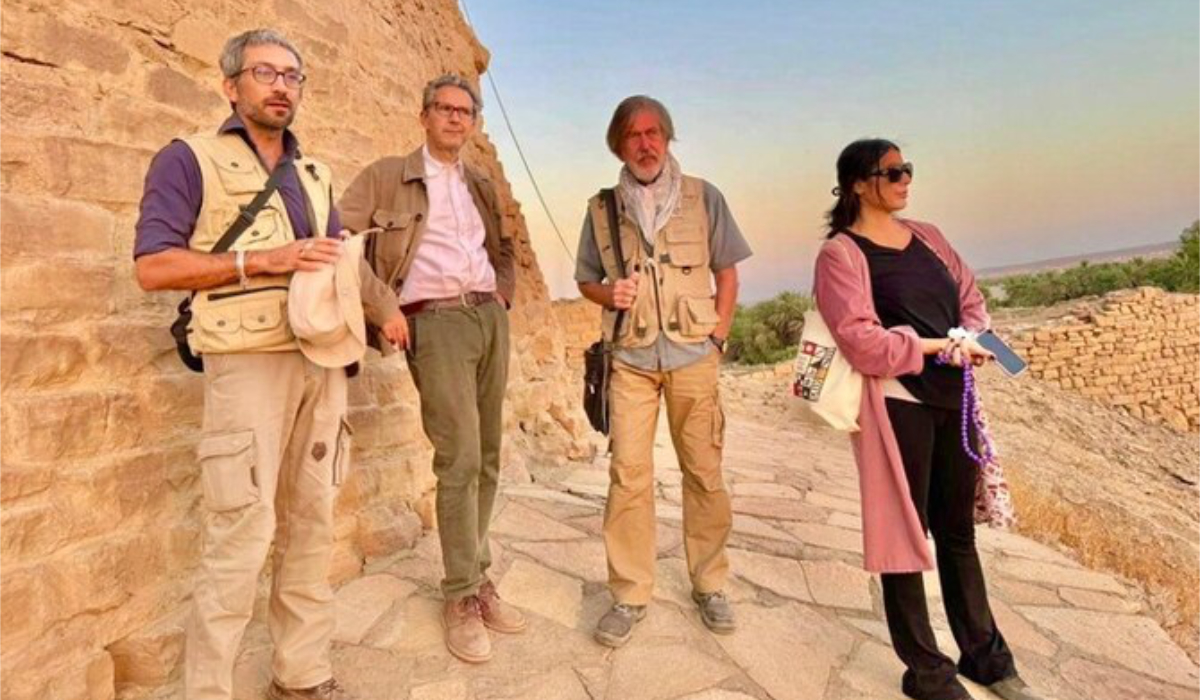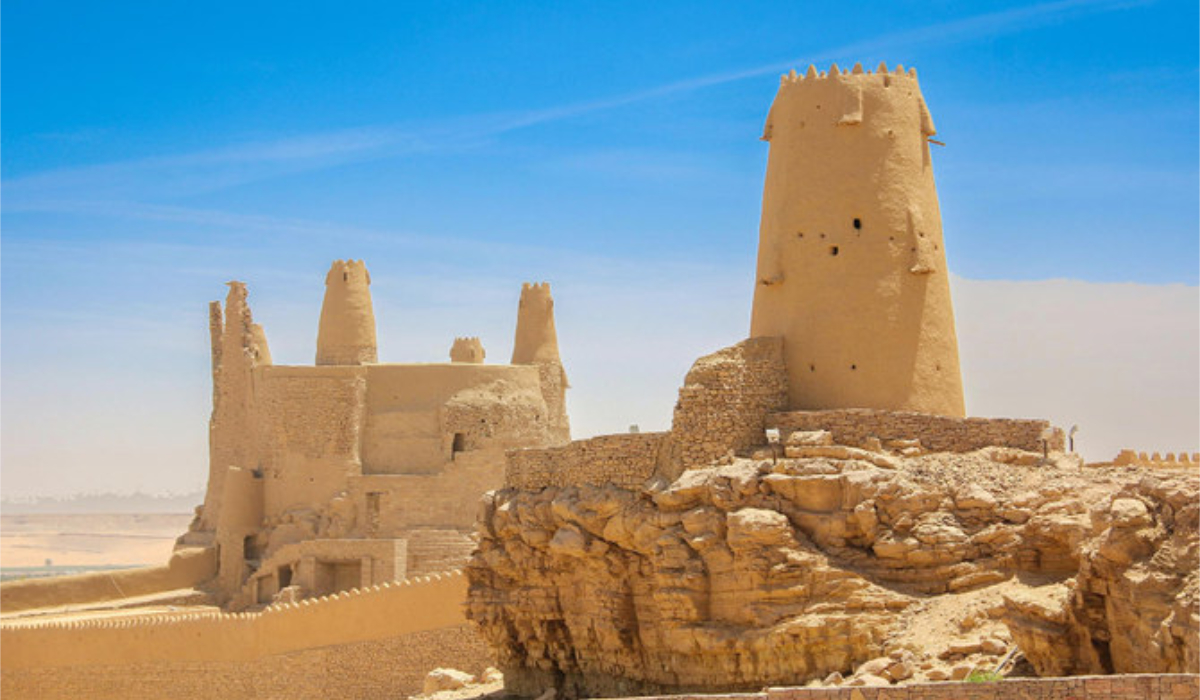RIYADH: Arab leaders congratulated Donald Trump on Wednesday after his comprehensive victory in the US presidential election.
Saudi Arabia’s King Salman sent a cable of congratulations to Trump, wishing him success and the “American people further progress and prosperity.”
The king praised the strong historical ties between the two nations, “emphasizing the shared desire to further strengthen these bonds in all areas.”
Crown Prince Mohammed bin Salman also sent a cable to congratulate Trump. In a phone call later on Wednesday, the crown prince expressed the Kingdom’s aspiration to strengthen Saudi-US relations. He wished the American people progress and prosperity under Trump’s leadership.
The Republican made Saudi Arabia his first foreign visit after he took office for his first term as president in 2017. The visit underlined the importance of the historic US-Saudi partnership and cemented relations with Gulf allies.
Those countries congratulated Trump after he declared victory in a sweeping election win over Democrat Kamala Harris.
UAE President Sheikh Mohamed bin Zayed Al-Nahyan offered “sincere congratulations to Trump and his running mate JD Vance.”
Skeikh Mohamed added: “The UAE and US are united by our enduring partnership based on shared ambitions for progress.
“The UAE looks forward to continuing to work with our partners in the US towards a future of opportunity, prosperity and stability for all.”
During Trump’s first term, his administration brokered the 2020 Abraham Accords deal under which Israel opened full relations with the UAE and a number of other Arab countries.
However, the devastating war between Israel and Hamas in Gaza and its expansion into Lebanon has drawn widespread condemnation of Israel from regional leaders and dominated foreign policy discussion throughout the election campaign, with Trump promising to bring fighting to an end.
Egypt’s President Abdel Fattah El-Sisi said he hoped Trump’s return to the White House would help bring peace to the Middle East.
“I wish him all the success and I look forward to reaching peace together, upholding regional stability and strengthening the strategic partnership between Egypt and the United States,” El-Sisi said.
Jordan’s King Abdullah II also invoked the need for the next US president to work toward peace.
“Warmest congratulations to President Donald Trump on winning the US presidential election,” he said. “Looking forward to working with you again to bolster Jordan’s longstanding partnership with the United States, in service of regional and global peace and stability for all.”
Sheikh Tamim bin Hamad Al-Thani, the emir of Qatar, which is a key mediator in the Gaza conflict and hosts the largest US military base in the Middle East, said he looked forward to “working together again in promoting security and stability both in the region and globally.”

































